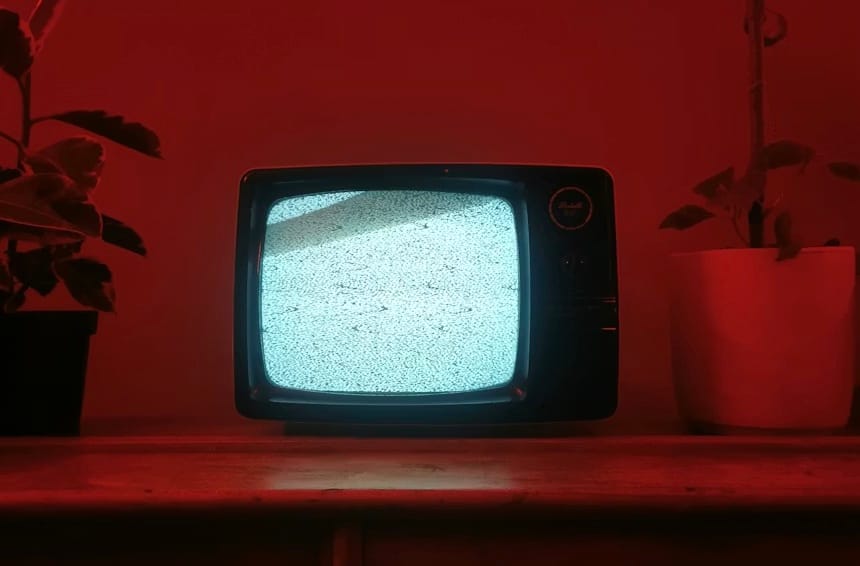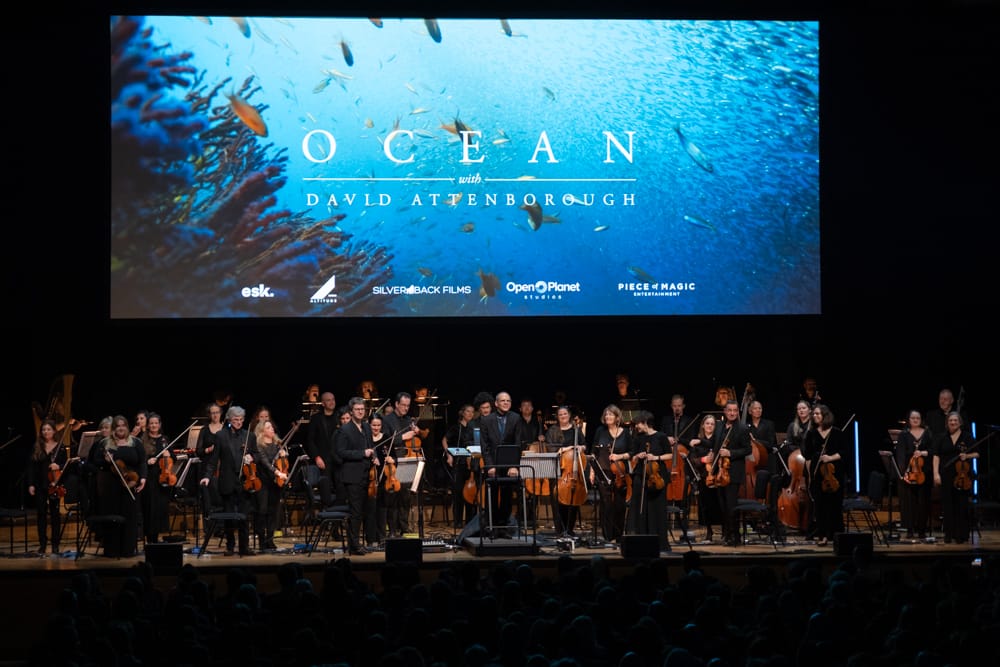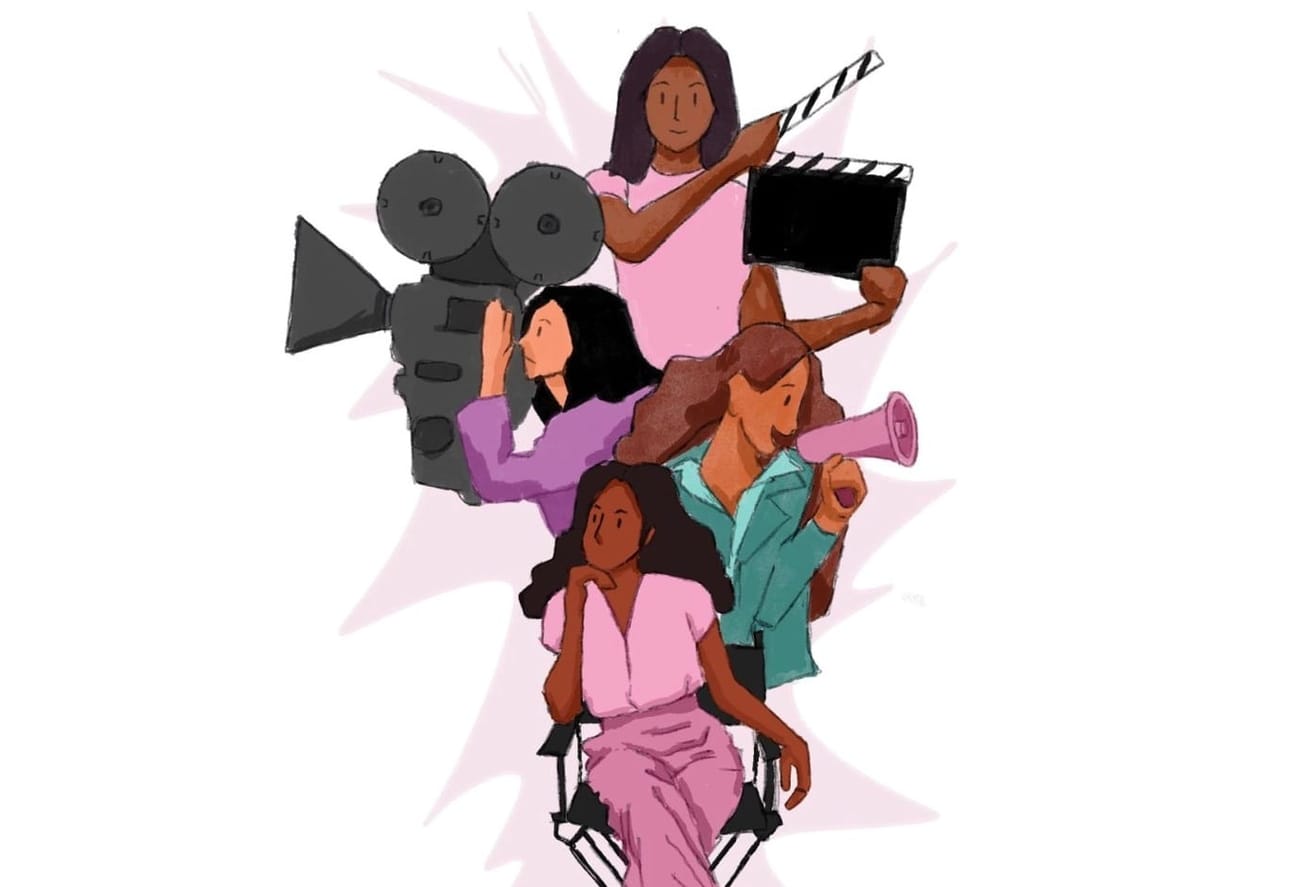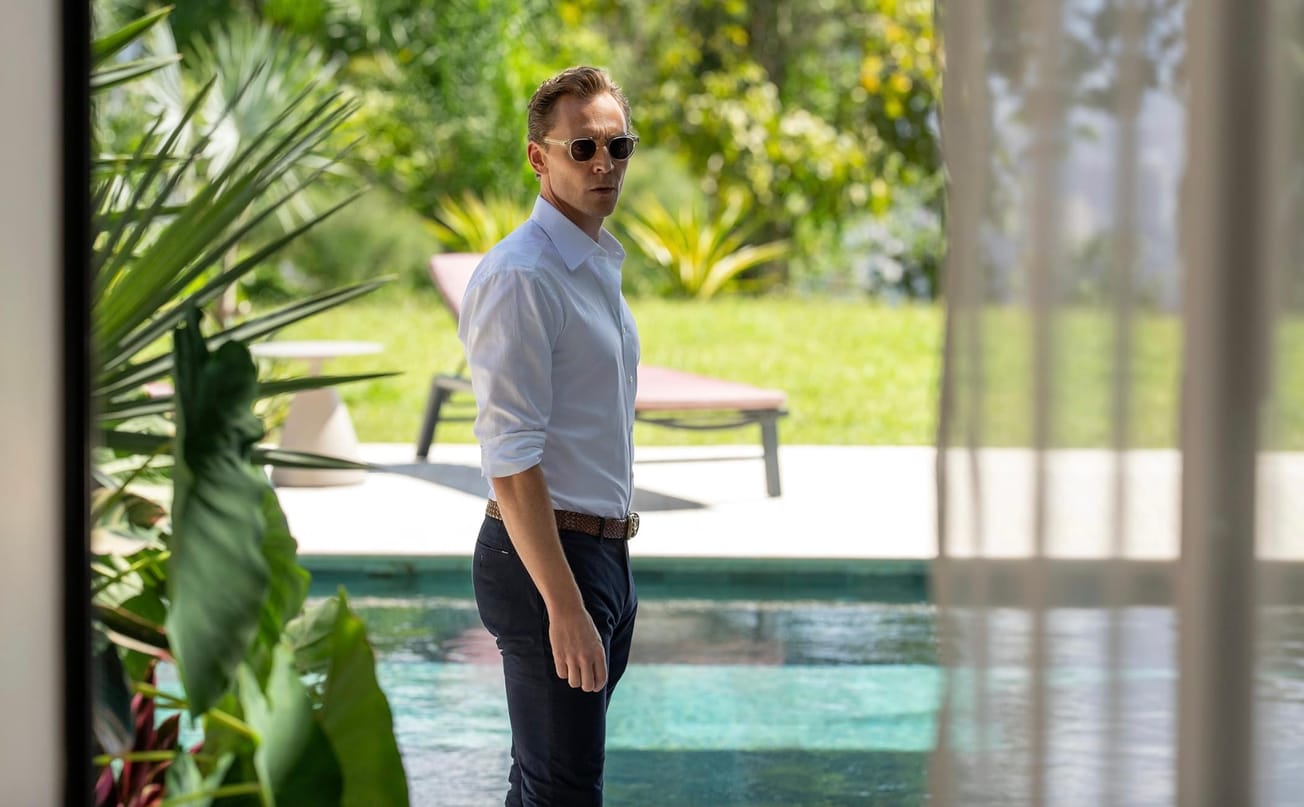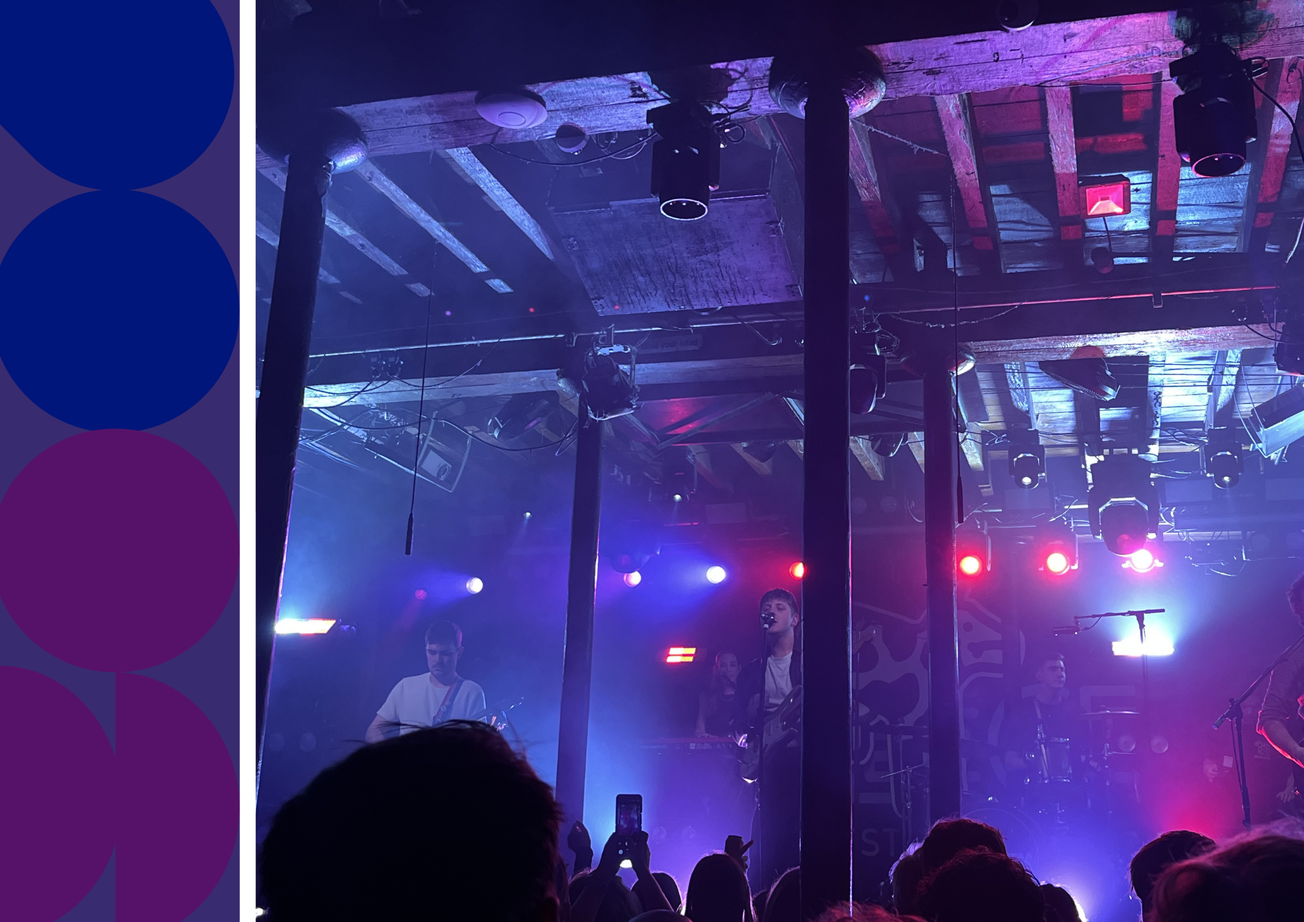By Abbie Holmes, Second Year English
In November, HBO began to release the first expansion to the Dune cinematic world with Dune: Prophecy. This seems like a fitting choice for the network upon their announcement in April 2023 that they were planning to pursue an TV adaptation of Harry Potter, set to be released in 2026. In light of that, Dune: Prophecy feels slightly like a test run, does the success of a wildly popular film franchise, in this case, the ongoing critically acclaimed ones of Denis Villenueve, positively transfer to the silver screen?
The series tells the story of the mysterious Bene Gesserit order, 10,000 years before the birth of Paul Atreides and the events of the Dune we know. It’s loosely based on the novel Sisterhood of Dune, a prequel written by the original author’s (Frank Herbet) son. The choice to adapt a story centring on the Bene Gesserit was a good choice. The Bene Gesserit’s backstory is rich and interesting, one that is largely shrouded in secrecy in the original trilogy of novels, and even more so in the new film adaptations.

However, this need to divulge lore in the series has seemed to hinder it. Though one of the pitfalls of Villnue’s adaptation is that much of the lore is not fully explained, leading to a sometimes confusing viewing experience for those who have not read the books, Villnue succeeds in presenting a nuanced tale that refuses to spoon-feed its viewers, refreshing in the age of repetitive sequels and cash-grab adaptations. In comparison, Dune: Prophecy is filled with endless exposition, which at its best feels awkward but informative, and at its worst comes across as lazy and underdeveloped.
Much of the exposition given is in a twenty minute flashback segment within episode one, starring Jessica Barden as a young Valya Harkennon, her older counterpart played by Emily Watson. I’m a big fan of Barden in her role as Alyssa in Channel 4’s The End of the F*cking World, but I don’t think she sells the character of Valya. The character is played a little too straight, which really thrusts you out as a viewer. The flashback segment would perhaps feel more earned if it was picked up again as a duel storyline in later episodes, but Barden’s character is largely abandoned in later episodes.

It is refreshing to see a series so dominated by strong female performances. In the shadow of Timotheé Chalamet’s role as Paul Atreides, people tend to forget that Dune is a franchise that has a matriarch at its core, entirely controlled by the Bene Gesserit order. The way Emily Watson and Olivia Williams (Revered Mother Tulia Harkennon) bounce off of each other is captivating. The strength of both performances is enough to pick up the slack of some of the weaker ones.
Among the at times shaking direction and writing, Dune: Prophecy has strong foundations. There is perhaps a curse on TV adaptations (seen in Amazon’s Wheel of Time or Rings of Power), of not quite being able to successfully develop the characters into this new format. You can’t help but think they’re all trying to desperately recapture the magic of HBO’s Game of Thrones, which they never quite seem to manage.

As a Dune book fan, I have enough self-awareness to acknowledge that I'm likely hyper-critical of its adaptations. That being said, Dune: Prophecy, with all of its pitfalls, presents an exciting start to what could become a wider expanded cinematic universe. In comparison to similar shows attempting this (I’m thinking of Disney’s various Star Wars shows here, which have varying quality, to say the least), I have high hopes for the rest of the series, and for the possibility of a larger expanded universe. The show will not finish rolling out episodes until the new year, and I am hesitantly optimistic about its direction.
What are your thoughts on Dune: Prophecy?


